Pogacar challenges biology: this study reveals why winning grand tours consecutively is almost impossible
Last year, Tadej Pogacar achieved the milestone of winning the Giro-Tour double, a feat that had not been accomplished since Marco Pantani did it in 1998 and that was thought to be impossible given the demands of modern cycling. Now, a scientific study that has analyzed caloric expenditure in endurance athletes provides the key to why it is so tremendously difficult to achieve.
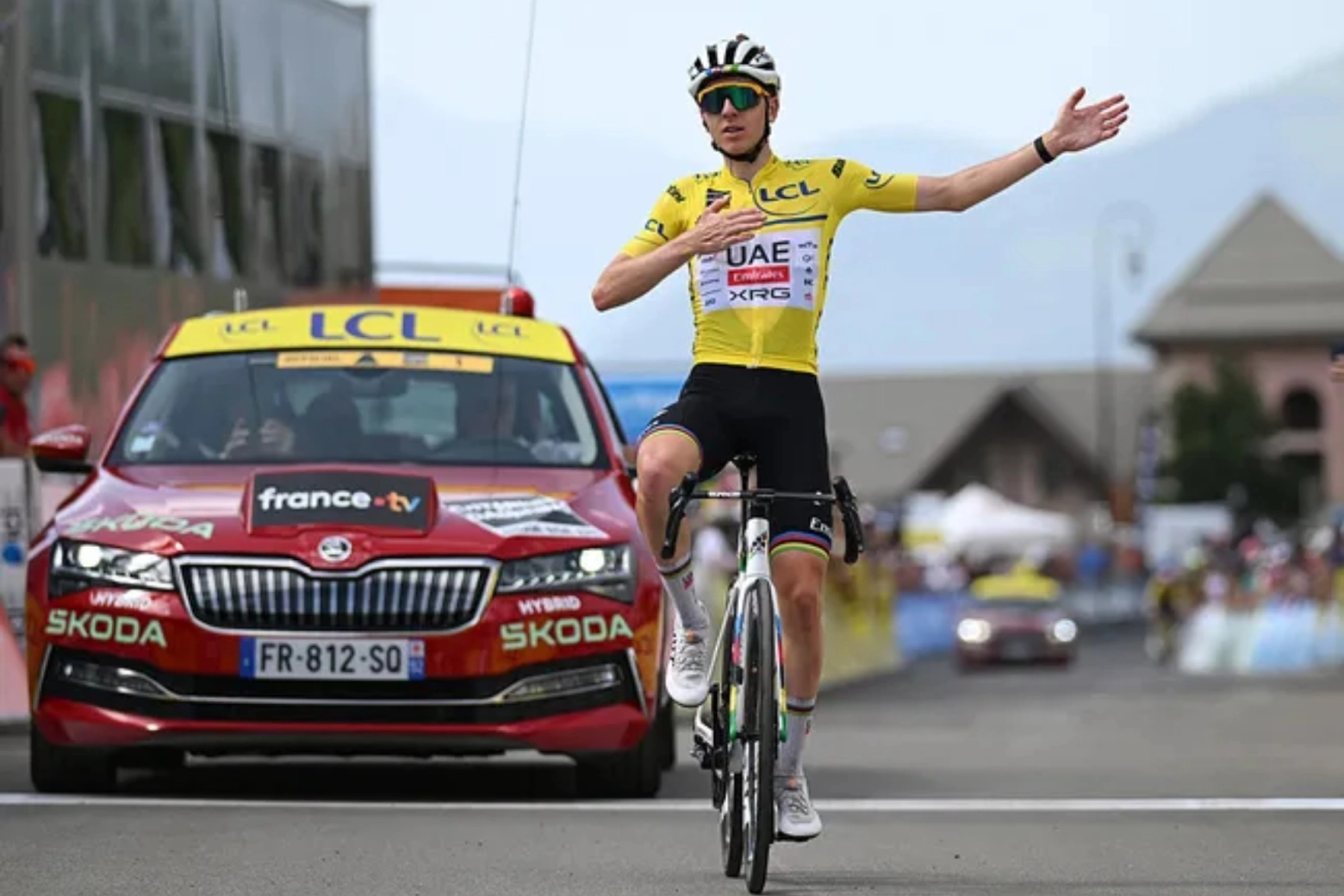
Caloric expenditure is presented as a key element in limiting a cyclist's performance over prolonged periods
A recent study published in the scientific journal Current Biology has suggested that caloric expenditure could be a significant limiting factor in the performance of endurance athletes over a broad time period of around 30 weeks.
The implications of the conclusions drawn from this study would largely explain why it is so difficult to find two cyclists who can perform at the highest level in two consecutive 3-week races in the same year.
RECOMENDADO
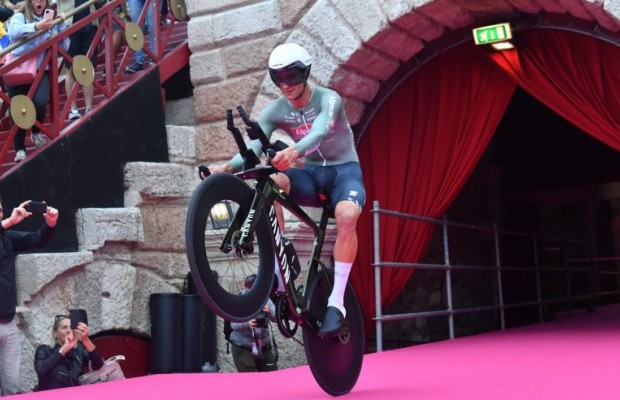
How much time would a professional cyclist take out on an amateur in a race?
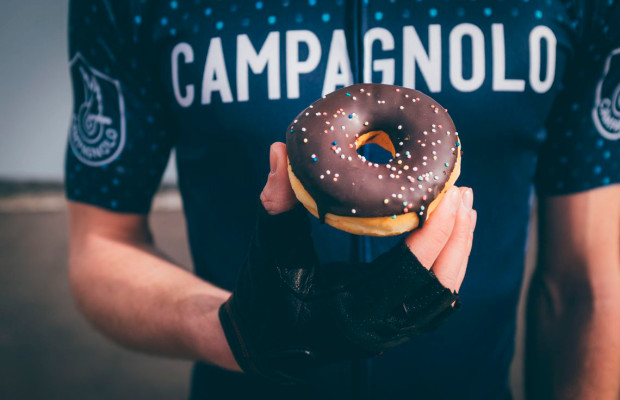
The calorie trap: eating less does not always mean losing weight
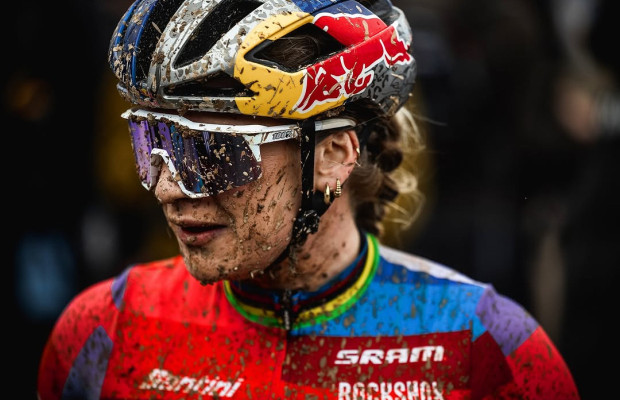
Why do most cyclists wear their glasses outside their helmets?

5 oatmeal breakfasts: the perfect fuel for cyclists
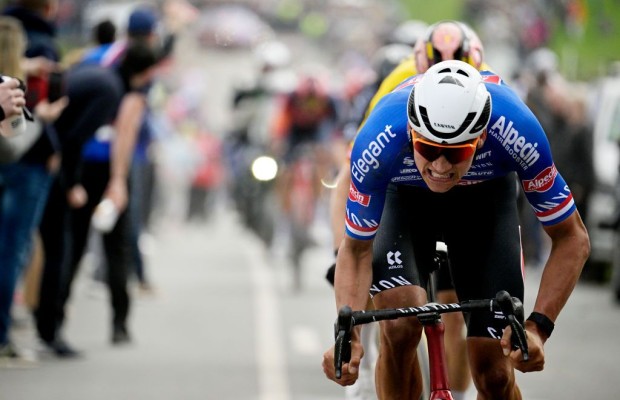
What happens if you exceed your maximum heart rate? Risks of pushing yourself to the limit
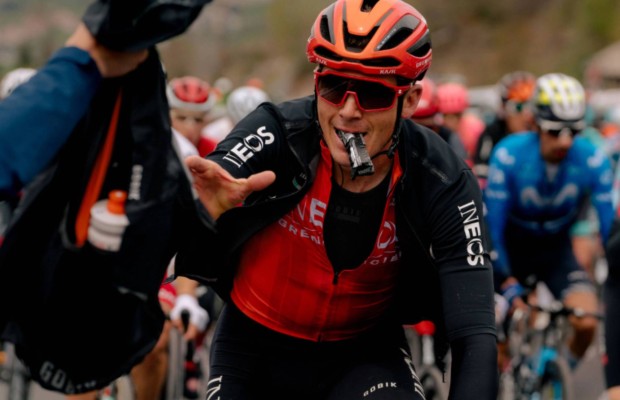
What are nitrates and why will they give you an extra boost in your performance on the bike?

The demands of modern cycling involve disproportionate caloric expenditures, which also requires maintaining extremely precise nutrition in order to provide the body with everything it expends. A caloric expenditure that, during a race like the Tour de France, can reach 4 to 5 times the figure set by the basal metabolism.
According to this study, it is not possible to maintain such disproportionate expenditure over a long period of time, and the body itself ends up limiting maximum caloric expenditure to 2.5 times the basal metabolism. This means that the cyclist will not be able to make such great efforts that require an excessive caloric expenditure since their body has decided that it cannot sustain those levels of consumption, and therefore, performance decreases.
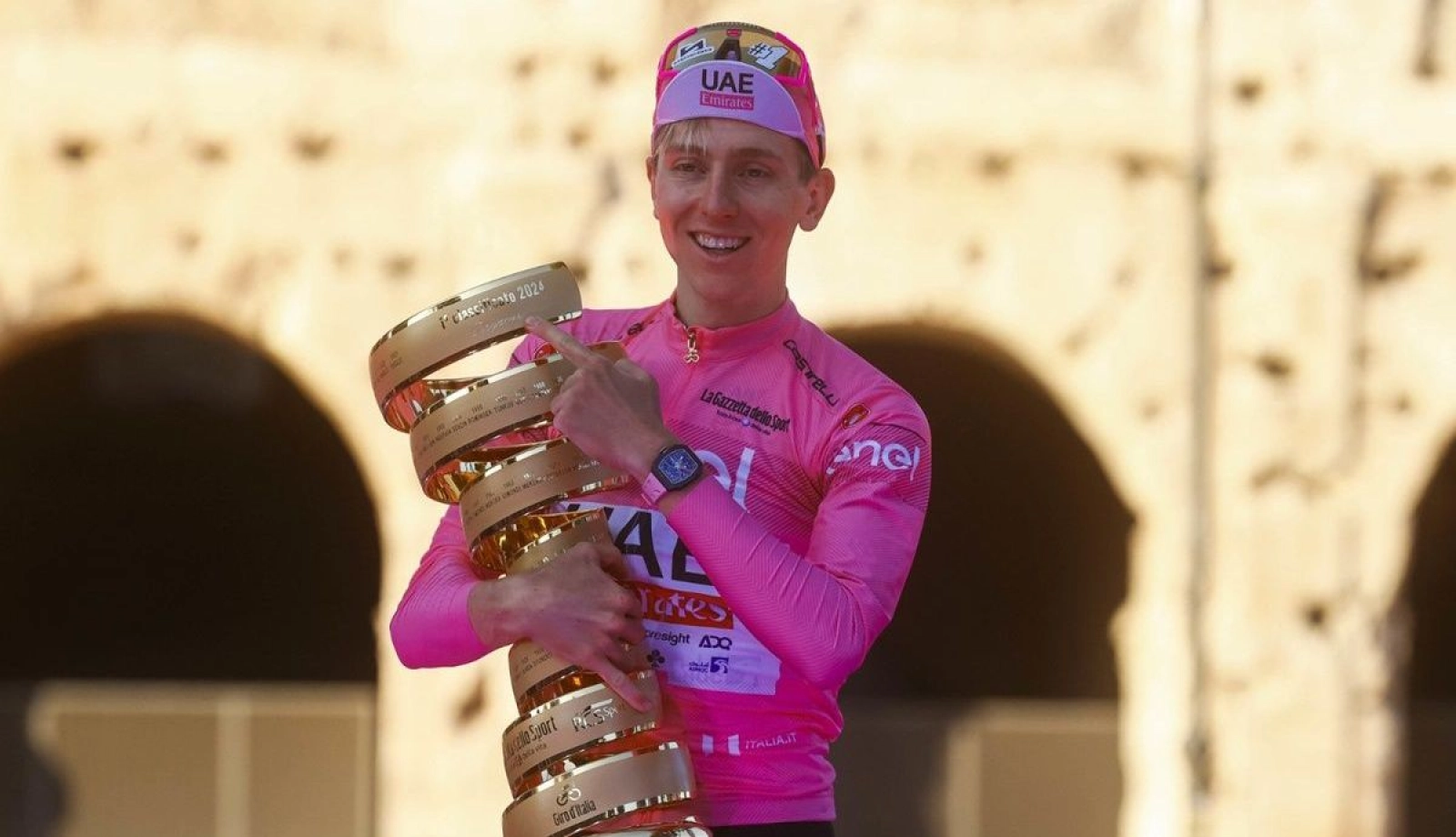
Despite having obtained these results from the study sample, which included 14 endurance athletes such as professionals, ultramarathon runners, triathletes, and elite cyclists, where it was evident that after about 30 weeks, their bodies limited maximum caloric expenditure, the mechanisms by which this occurs are not known. However, one of the possibilities mentioned refers to some limitation in the way the body digests and absorbs nutrients, which could open the door for current sports nutrition to investigate how to break that barrier.
For now, feats like those of Tadej Pogacar will remain solely within the reach of the chosen few, although who knows, perhaps in the future we will see more cyclists doubling or even facing the three grand tours in the same year with a role as contenders for the overall title in all of them.